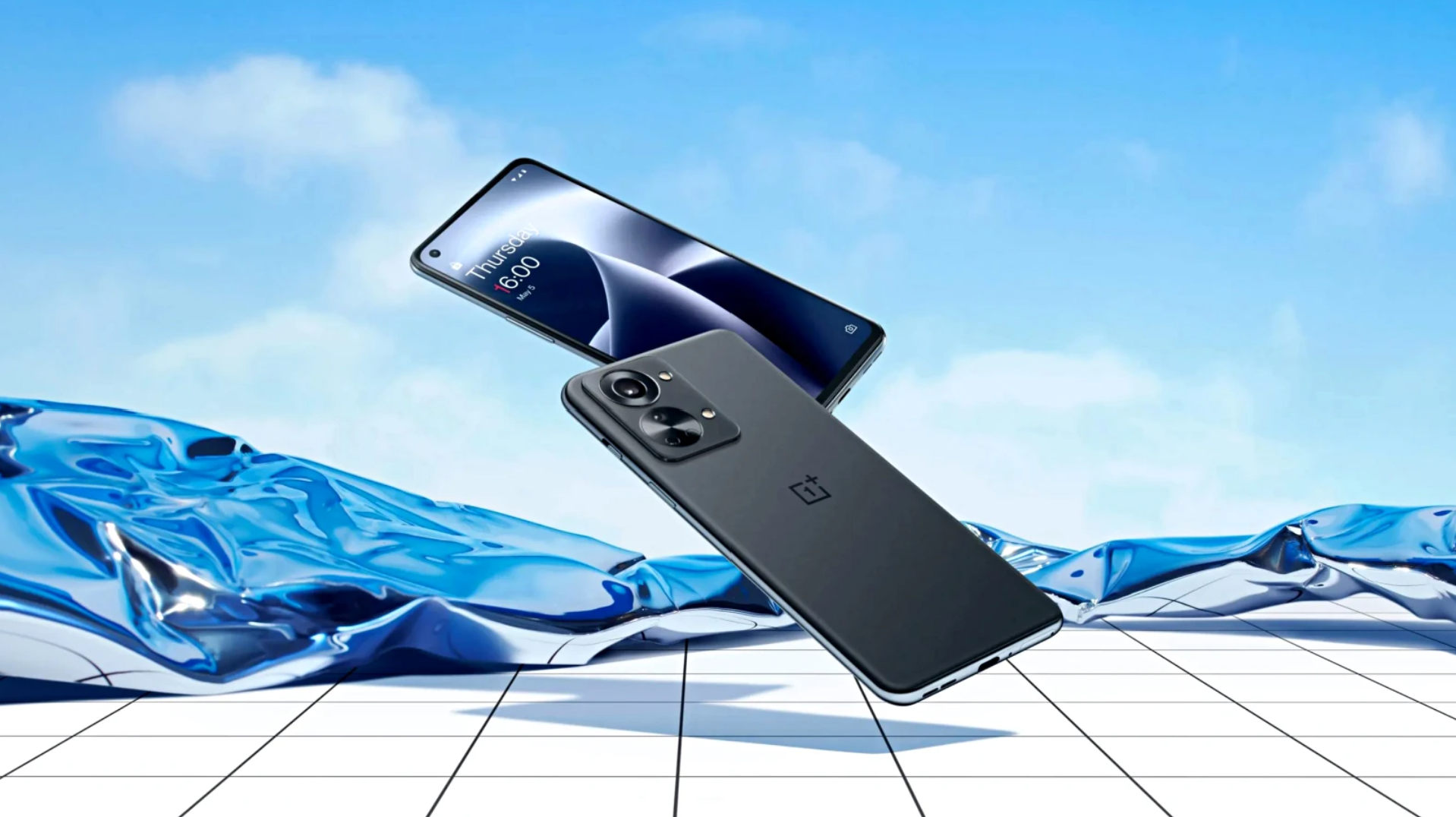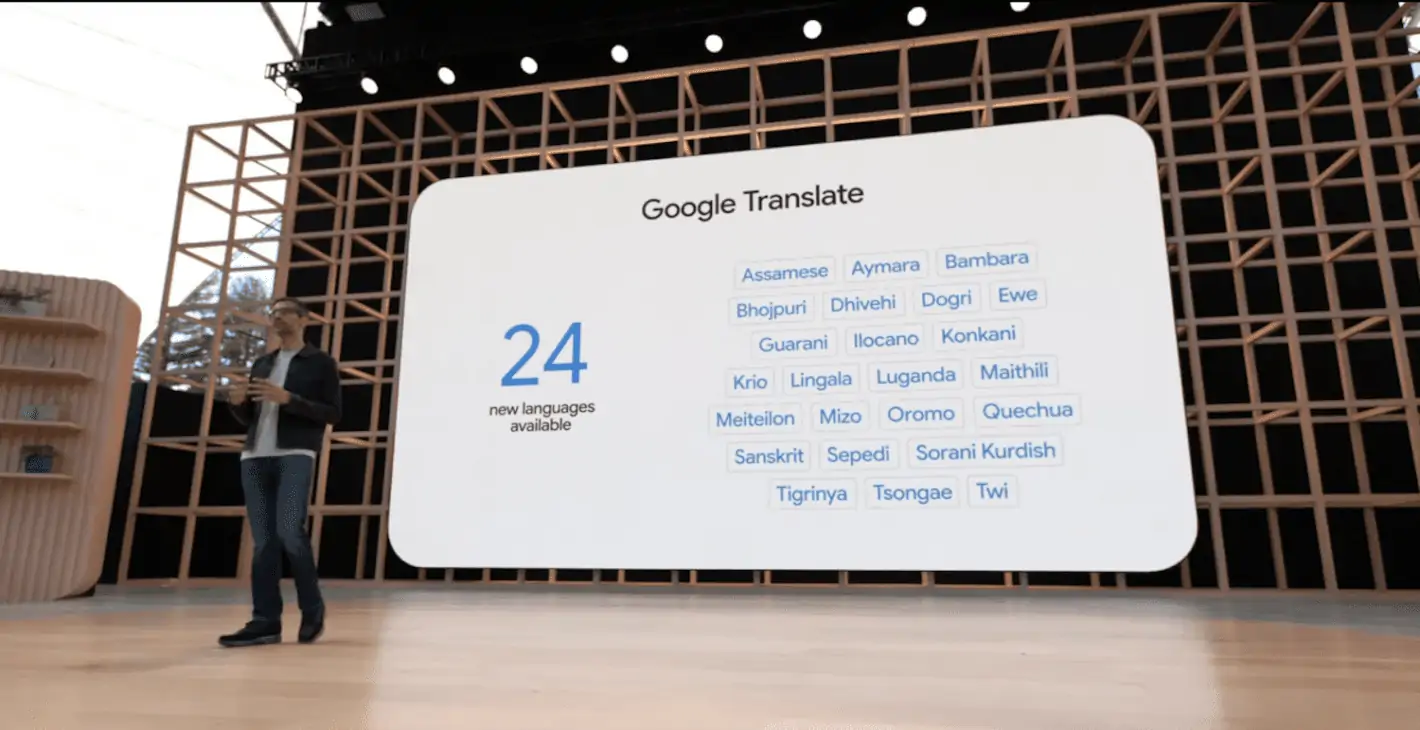has agreed to pay at least $19 million to settle a U.S. Federal Trade Commission complaint that the company unfairly billed Android mobile device owners for in-app purchases made by their children, the agency said Thursday.
will provide full refunds to affected Android users, it has agreed to change its billing practices to ensure that it obtains informed consent from customers before charging them for items sold within mobile apps, according to the FTC.
The FTC this year has brought similar complaints against Apple Amazon.com, in h, customers filed a class-action lawsuit against the company for children’s in-app purchases.
In nuary, Apple agreed to pay at least $32.5 million to customers in a settlement with the FTC. The agency brought a lawsuit against Amazon in ly, results of that case are pending.
said it has changed its in-app purchasing process. “’ve already made product changes to ensure people have the best ay experience possible,” a spokeswoman said by email. “’re glad to put this matter behind us so we can focus on creating more ways for people to enjoy all the entertainment they love.”
The FTC alleged that , since 2011, violated U.S. law prohibiting “unfair” commercial practices by billing consumers for charges made within kids’ apps downloaded from the ay store. Many consumers reported hundreds of dollars of such unauthorized charges, according to the complaint.
“For millions of American families, smartphones tablets have become a part of their daily lives,” FTC Chairwoman ith Ramirez said in a statement. “As more Americans embrace mobile technology, it’s vital to remind companies that time-tested consumer protections still apply, including that consumers should not be charged for purchases they did not authorize.”
Belated controls
After it introduced in-app charges in 2011, first billed for purchases without any password requirement or other method to obtain account holder authorization, the FTC said. Children could ring up in-app charges by clicking on pop-up boxes within the apps.
In mid- to late 2012, began presenting a pop-up box that asked for the account holder’s password before billing in-app charges, the FTC said. The new pop-up did not contain other information about the charge, did not inform consumers that entering the password opened up a 30-minute window allowing repeated in-app purchases, the agency said.
Thouss of consumers complained to about children making unauthorized in-app charges, according to the complaint. Some parents complained that their children had spent hundreds of dollars in-app charges without their consent, the FTC said.
Some employees referred to the issue as “friendly fraud” “family fraud” in describing kids’ unauthorized in-app charges as a leading source of refund requests, according to the complaint. ’s practice has been to refer consumers seeking refunds first to the app developer, the FTC said.



















